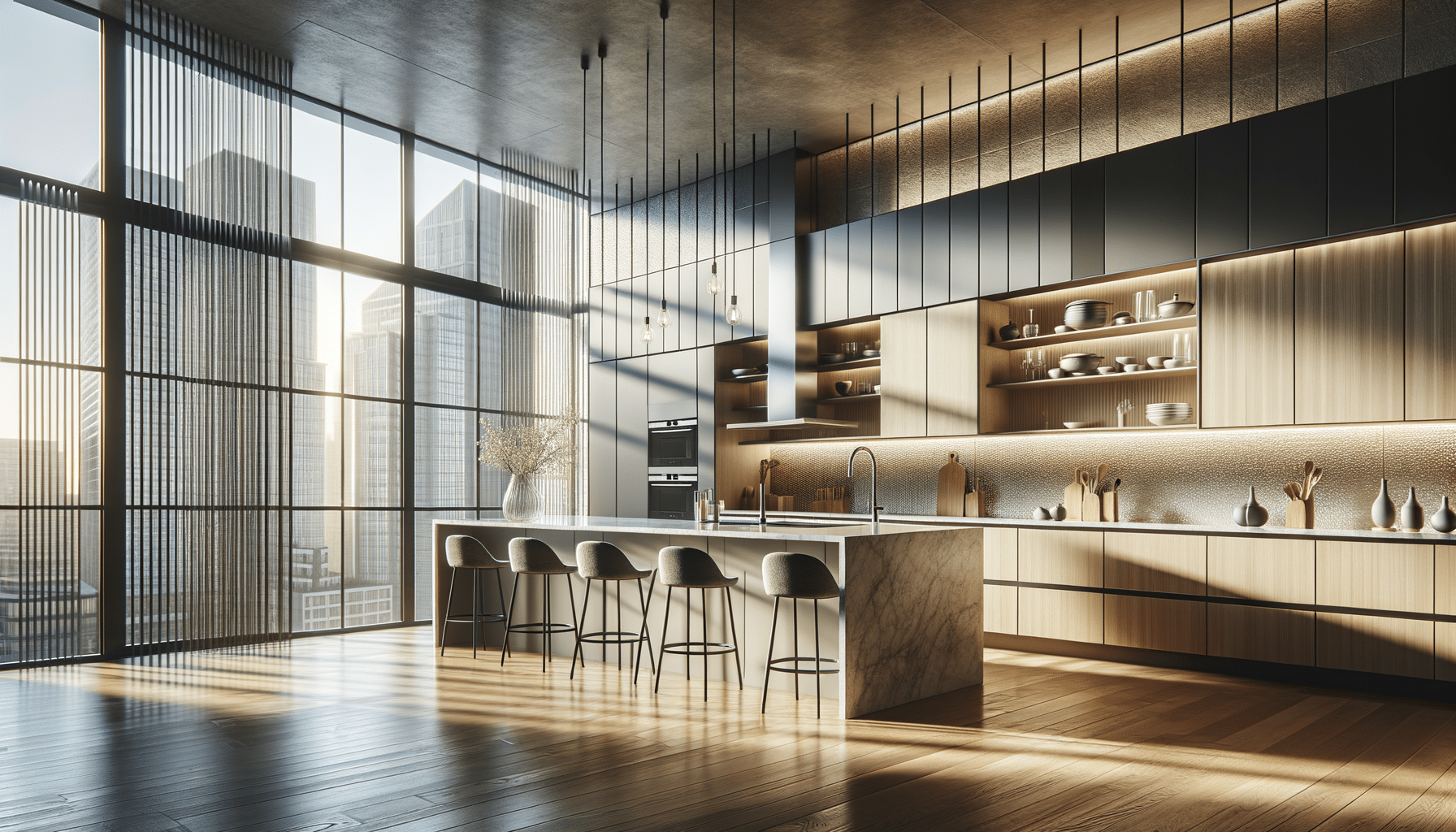
Understanding HVAC Installation and Its Impact on Home Comfort
Introduction to HVAC Systems
Heating, ventilation, and air conditioning (HVAC) systems are essential components in modern homes and buildings. They play a crucial role in maintaining indoor air quality and providing comfort throughout the year. Whether you’re considering a new installation or upgrading an existing system, understanding the intricacies of HVAC installation is vital. This article delves into the various aspects of HVAC systems, including air conditioning installation and heating and cooling systems, to help homeowners make informed decisions.
The Process of HVAC Installation
HVAC installation is a complex process that requires careful planning and execution. It begins with an assessment of the space to determine the appropriate system size and type. A professional HVAC technician will evaluate factors such as the size of the building, insulation quality, and local climate conditions. Installing an HVAC system involves several steps, including:
- Choosing the right HVAC system: This involves selecting a system that matches the specific needs of the building, considering factors such as energy efficiency and budget.
- Preparing the installation site: This includes ensuring that the space is ready for installation, with proper ventilation and clearance for the equipment.
- Installing ductwork: Proper ductwork is essential for efficient air distribution throughout the building.
- Setting up the HVAC unit: The main unit is installed and connected to the ductwork, electrical system, and any other necessary components.
- Testing and commissioning: Once installation is complete, the system is tested to ensure it operates correctly and efficiently.
Proper HVAC installation is crucial for optimal system performance, energy efficiency, and longevity. It is recommended to hire experienced professionals to ensure the installation is done correctly.
Air Conditioning Installation: Key Considerations
Air conditioning installation is a significant component of HVAC systems, especially in regions with hot climates. The process involves selecting the right type of air conditioner, such as central air conditioning, ductless mini-splits, or window units, depending on the building’s requirements. Factors to consider during air conditioning installation include:
- Energy efficiency: Choosing an energy-efficient model can lead to significant savings on utility bills over time.
- System size: An appropriately sized air conditioner will effectively cool the space without overworking the system.
- Installation location: The location of the air conditioning unit impacts its efficiency and noise levels.
- Maintenance access: Ensuring easy access for maintenance and repairs is essential for the system’s longevity.
Proper air conditioning installation can significantly enhance indoor comfort and air quality, making it a worthwhile investment for homeowners seeking relief from the heat.
Heating Systems: Types and Installation
Heating systems are integral to maintaining comfort during the colder months. Various types of heating systems are available, including furnaces, heat pumps, and boilers, each with its unique installation requirements. When considering heating system installation, key factors include:
- Fuel type: Heating systems can be powered by electricity, natural gas, oil, or propane. The choice of fuel affects installation costs and efficiency.
- System efficiency: High-efficiency models may have higher upfront costs but provide long-term savings on energy bills.
- Installation complexity: Some systems, like boilers, may require more complex installation due to the need for water lines and radiators.
- Climate considerations: The local climate influences the choice of heating system, with heat pumps being more suitable for milder climates.
Professional installation ensures that the heating system operates safely and efficiently, providing reliable warmth throughout the winter.
Conclusion: Enhancing Home Comfort with HVAC Systems
Investing in a quality HVAC system, including efficient air conditioning and heating solutions, is crucial for maintaining a comfortable and healthy indoor environment. Proper installation is key to maximizing the performance and lifespan of these systems. Homeowners should consult with experienced HVAC professionals to ensure their systems are installed and maintained correctly, ultimately enhancing their home’s comfort and energy efficiency.


